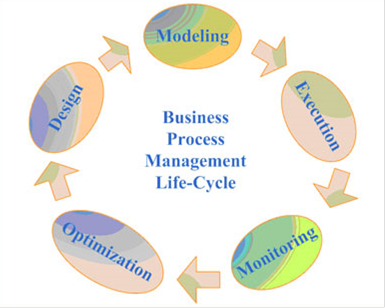Too many jobs, too little time
“If you want something done, ask a busy person.”
Benjamin Franklin
It doesn’t take a rocket scientist to come to the realisation that in order to get ahead, you need to get started! The secret of getting started can be influenced by the enormity of the task you are faced with. When presented with a seemingly overwhelming project, a logical place to start is to break it down into smaller manageable tasks or mini projects. If you don’t have a large project to contend with – it’s the same principle apart from your tasks are already broken down for you. So, either way, you now have a starting point – the To Do List.
At this stage it is easy to feel apprehensive by the long, onerous list of what must be achieved – how can you possibly get everything done, there are not enough hours in the day! We can work ourselves into a turmoil, believing that all the tasks require our immediate attention – simultaneously! That would be impossible of course – what we need is a process, a plan of attack!
Process, process, process
Complex, repetitive tasks will benefit from a documented procedure. Follow procedures and record your actions. This will not only help with your efficiency and consistency, it will eliminate the need to recall routines that perhaps your already overloaded brain did not store. Work with your procedures along side your general day to day systems – from hand written notes to organisational on-line applications. The accomplishment of your tasks will be directly related to the efficiency of your processes. A system is only as good as how well it is utilised. Record everything, make constant updates as they occur – deadlines, priorities, last contact, next contact and even sequence of events – does one task rely on another task to be completed before another can start or is one task more important than another? Group and organise the tasks accordingly, give structure to your day, ask yourself what must be achieved today and manage your time. It is usually ineffectual to start with the job you like best or the one you think is quickest or easiest, this approach will almost certainly lead to a ball being dropped. Get your priorities right and deal with ‘showstoppers’ first. If your system is not working for you, take action and put corrective measures into place. Having taken these steps, progression will naturally follow; you can begin to move forwards
Mission Accomplished
By defining what needs to be done and by putting a system in place, you have laid the foundations for success – you have already come a long way. All you need now is the resolve to succeed. Be passionate about what must be done – making a determined effort to deal with the task in hand will give you the mind-set and enthusiasm to see it through to completion. Dedicate yourself to each task with a positive attitude. Set realistic targets, cover all bases and leave nothing to conjecture. This approach will undeniably assist with getting things right first time – we all know how frustrating it is to have to start over when there has been an over sight, especially when there is already a shortage of time! Focusing on one task at a time will reap far greater results than attempting to multi-task. You may believe you were multi-tasking when you were talking on the phone whilst getting the dinner on, but what you were actually doing was task-switching. This slows the progress of both tasks since neither task had your full attention.
When all is said and done, even if the day ahead has been perfectly mapped out and you are armed with the determination of a cat in pursuit of a mouse, the day, as we well know does not always go according to plan. Now you have a backlog, so much to do….. so little time…. At times like this it is only natural to experience feelings of anxiety and negativity. Your energy is being fruitlessly put to use worrying instead of contributing to results. Don’t let a bad day get you down, remember your resolve, make amendments to your To Do list based on the items you have fallen behind with. Mistakes, misguided deadlines or unforeseen circumstances can easily affect your performance. What matters is taking action to put things back on track – communicate with those who are affected by your incomplete tasks, improvise, move things around and above all move on!
 The Workplace Pension procrastinators
Previous post
The Workplace Pension procrastinators
Previous post


